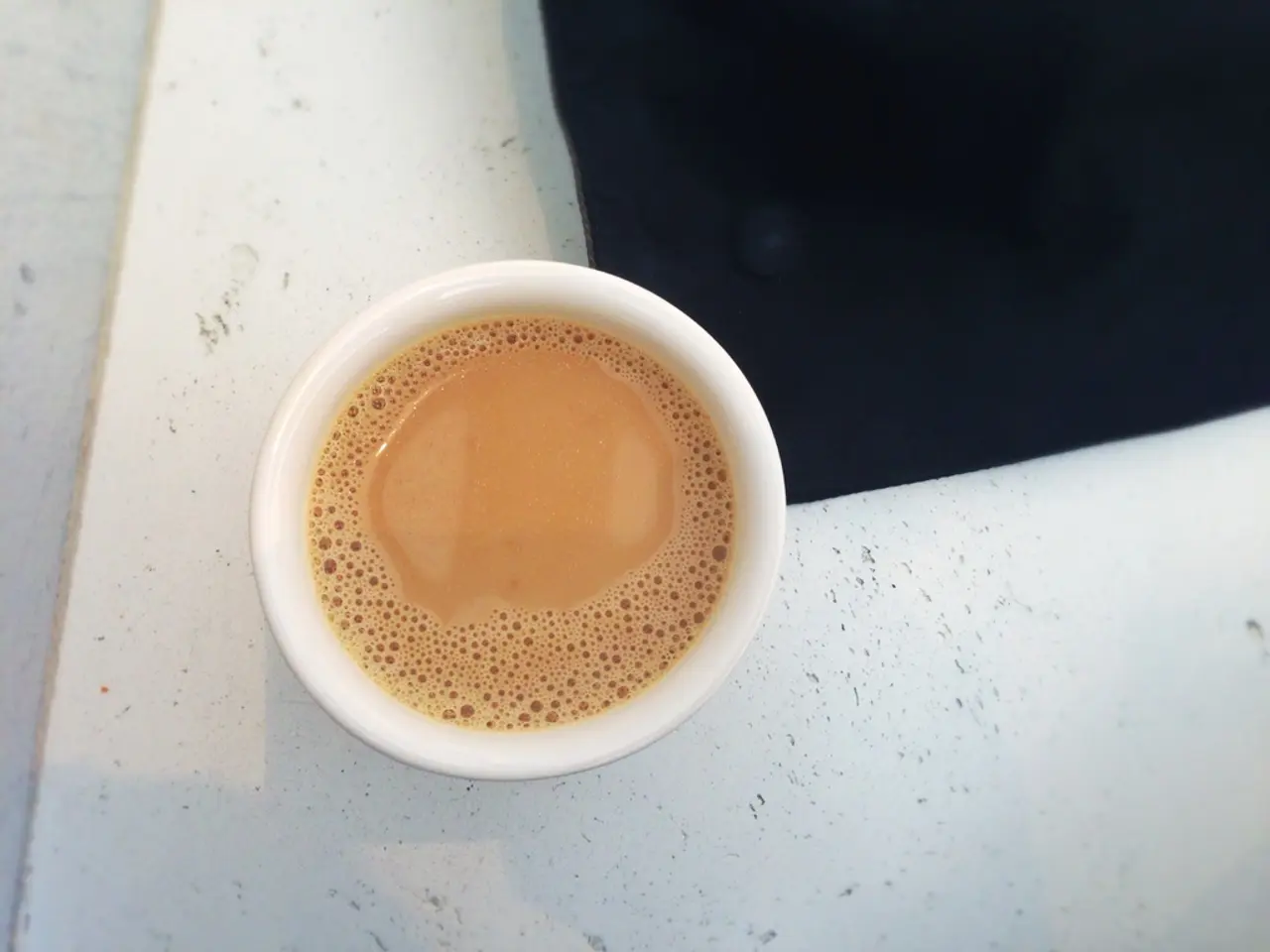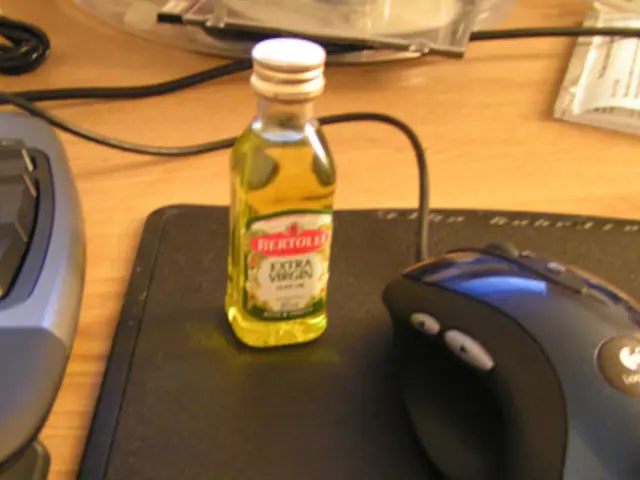Ancient Nasal Irrigation Gains Modern Recognition for Allergy Relief
Nasal irrigation, an ancient Ayurvedic practice, is gaining recognition for its benefits in modern medicine. Using a neti pot and salt water, this technique clears nasal passages and reduces the need for antibiotics and nasal sprays.
Originating in India, nasal cleansing with a neti pot has been documented for centuries. It's safe and effective for various conditions like chronic rhinosinusitis, viral infections, and allergic rhinitis. Users can choose between isotonic (0.9%) or hypertonic (1.5-3%) saline solutions, made with kosher or sea salt.
To use a neti pot, tilt your head, pour the saline solution into one nostril, and let it drain through the other. This relieves congestion, irritation, and sinus headaches. However, it's not recommended for infants or regular use to prevent infection. Tap water and sea water should be avoided due to contamination risks. Instead, use only sterile water to prevent Naegleria fowleri infection. A study at UC San Diego showed significant improvements in 23 out of 30 allergy symptoms and quality-of-life ratings among participants.
Nasal irrigation, a centuries-old practice, offers modern relief from nasal congestion and allergy symptoms. Its safety and effectiveness are backed by scientific studies, making it a viable alternative to antibiotics and nasal sprays. However, proper precautions must be taken to ensure safe use.








